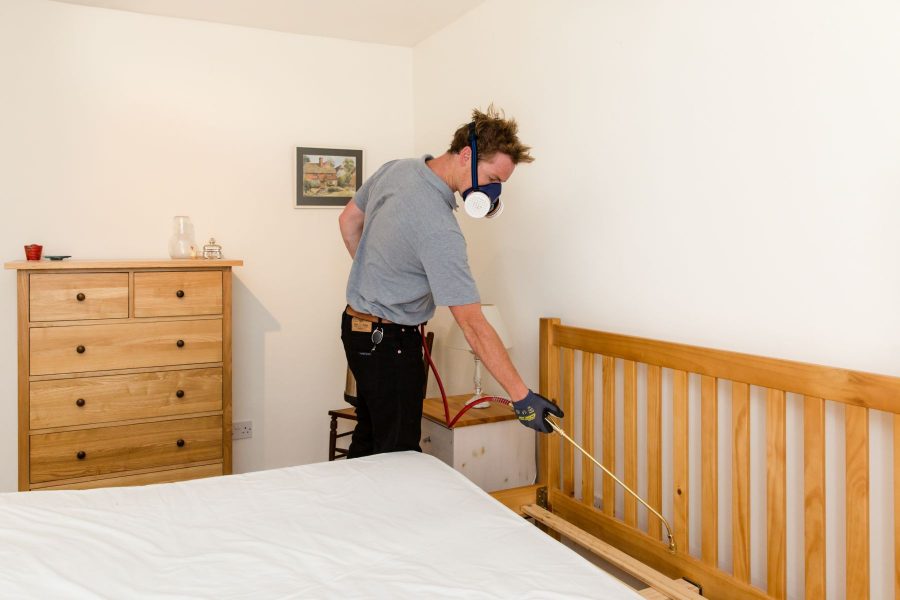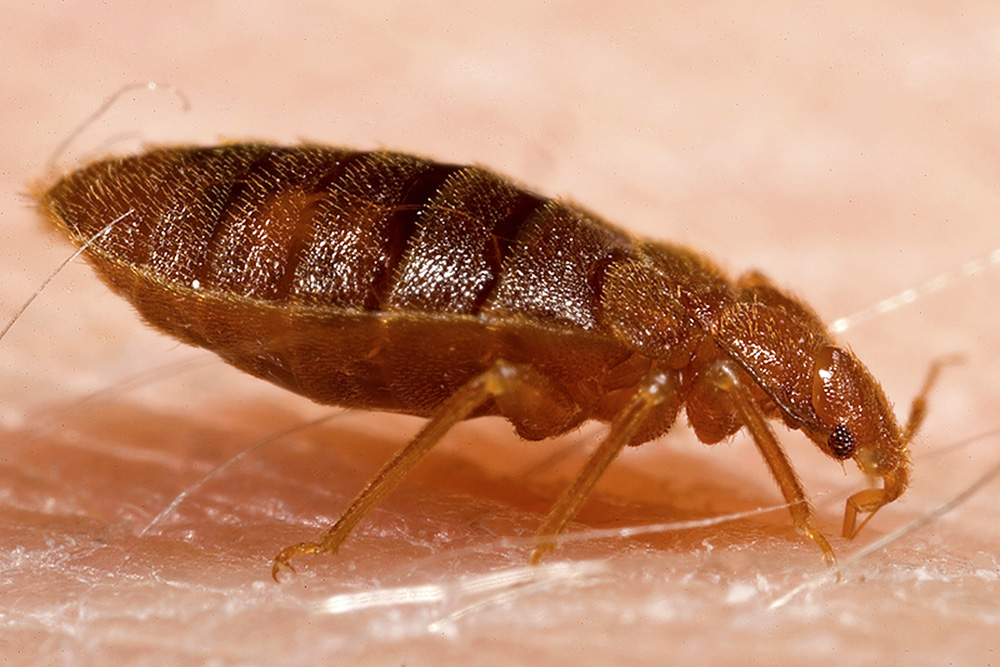Efficient Kings Bug Control Cincinnati Ohio: Trustworthy Solutions
Efficient Kings Bug Control Cincinnati Ohio: Trustworthy Solutions
Blog Article
Types of Bug Control: Which Approach Is Right for Your Problem?
When faced with a parasite problem, the option of a proper method for pest control is crucial in properly handling the situation. By exploring the numerous types of parasite control techniques available, people can make educated decisions tailored to their one-of-a-kind scenarios, guaranteeing an extra sustainable and effective outcome in parasite removal.
Chemical Pest Control
Chemical bug control involves using synthetic or normally derived chemicals to handle and eradicate pest populaces effectively. This approach is typically made use of in agriculture, forestry, and property settings to deal with a variety of parasites, including weeds, bugs, and rats. Making use of chemical pesticides can provide quick and targeted options to pest infestations, making it a prominent selection for many individuals and organizations.
Among the essential benefits of chemical parasite control is its ability to quickly remove pests, decreasing the danger of damages to plants, home, and human wellness. By using particular chemicals that target specific bugs, this approach can effectively control infestations while lessening injury to valuable microorganisms and the atmosphere when applied correctly.
However, the use of chemical bug control likewise elevates problems concerning possible damaging results on non-target species, water resources, and human health. It is essential to follow safety guidelines, apply chemicals responsibly, and consider alternative pest control approaches to decrease these threats and make certain lasting bug administration methods.
Biological Insect Control
Biological pest control, additionally referred to as biocontrol, makes use of living microorganisms to reduce and manage parasite populaces naturally. This method harnesses the power of nature to regulate bugs without the requirement for synthetic chemicals. Biocontrol can entail the intro of natural enemies of the parasite types, such as predators, pathogens, or bloodsuckers, to subdue insect populaces. By utilizing the insect's all-natural predators or virus, biological pest control uses a lasting and ecologically friendly option to pest management.

Mechanical Pest Control
Utilizing physical and manual approaches to take care of parasite populaces, mechanical bug control provides an alternate method that does not rely on the use of living microorganisms or artificial chemicals. This technique involves making use of obstacles, catches, or other devices to literally hinder or get rid of insects. By blocking parasite access points or establishing catches to capture them, mechanical insect control can effectively lower problems without introducing chemicals into the setting.
One typical example of mechanical parasite control is the use of mesh screens on doors and windows to stop pests from going into buildings. This straightforward yet efficient approach functions as a physical barrier, maintaining bugs out while enabling correct ventilation. In addition, gadgets like mousetraps, fly swatters, and ultrasonic repellents fall under the mechanical bug control category.
While mechanical parasite control techniques can be labor-intensive and call for routine surveillance and maintenance, they click resources supply a eco pleasant and lasting option for managing parasite infestations. By incorporating different mechanical methods, home proprietors can produce a thorough insect control approach that minimizes dependence on chemical pesticides.
Physical Parasite Control

Some common physical pest control methods consist of using barriers such as screens or nets to avoid insect entry, catches to catch and eliminate pests, and hand-picking to literally get rid of insects from plants or structures. In addition, strategies like warm treatments can be made use of to manage insects like bed pests by increasing the temperature to degrees that are deadly to the insects.
Physical parasite control web is especially helpful in incorporated bug management (IPM) approaches, where several pest control approaches are integrated for effective bug management while decreasing the use of chemicals. By utilizing physical bug control techniques, people can efficiently resolve insect problems with very little ecological effect.
Integrated Parasite Administration
When applying physical insect control approaches as part of bug management methods, Integrated Pest Administration (IPM) arises as an extensive strategy that leverages different strategies to efficiently manage pest populations. IPM concentrates on long-term avoidance of parasites via a combination of biological, cultural, physical, and chemical tools customized to specific insect concerns. By integrating multiple control techniques, IPM intends to reduce the dangers linked with pests while likewise lowering dependence on chemical services.
One secret facet of IPM is the focus on monitoring and evaluating pest populations to figure out one of the most appropriate control methods. This positive technique permits very early treatment and targeted methods, resulting in a lot more effective parasite monitoring. In addition, IPM advertises environmentally friendly practices by prioritizing non-chemical control methods and only using pesticides as a last resort.
Verdict

By utilizing the parasite's natural predators or microorganisms, organic parasite control offers a ecologically pleasant and lasting service to pest administration. - Kings Bed bug exterminator Cincinnati
Making use of manual and physical methods to manage insect populations, mechanical pest control uses a different method that does not count on the usage of living microorganisms or artificial chemicals.A reliable strategy to taking care of parasite populaces without counting on chemical or organic techniques includes the use of physical insect control methods.When executing physical insect control methods as part of pest monitoring approaches, Integrated Parasite Monitoring (IPM) arises as a detailed method that leverages various techniques to properly regulate pest pest control cost populations. Chemical insect control involves the usage of chemicals, biological pest control makes use of all-natural predators, mechanical pest control entails physical obstacles, physical insect control includes capturing or eliminating pests, and incorporated insect administration combines numerous techniques for a holistic approach to pest control.
Report this page